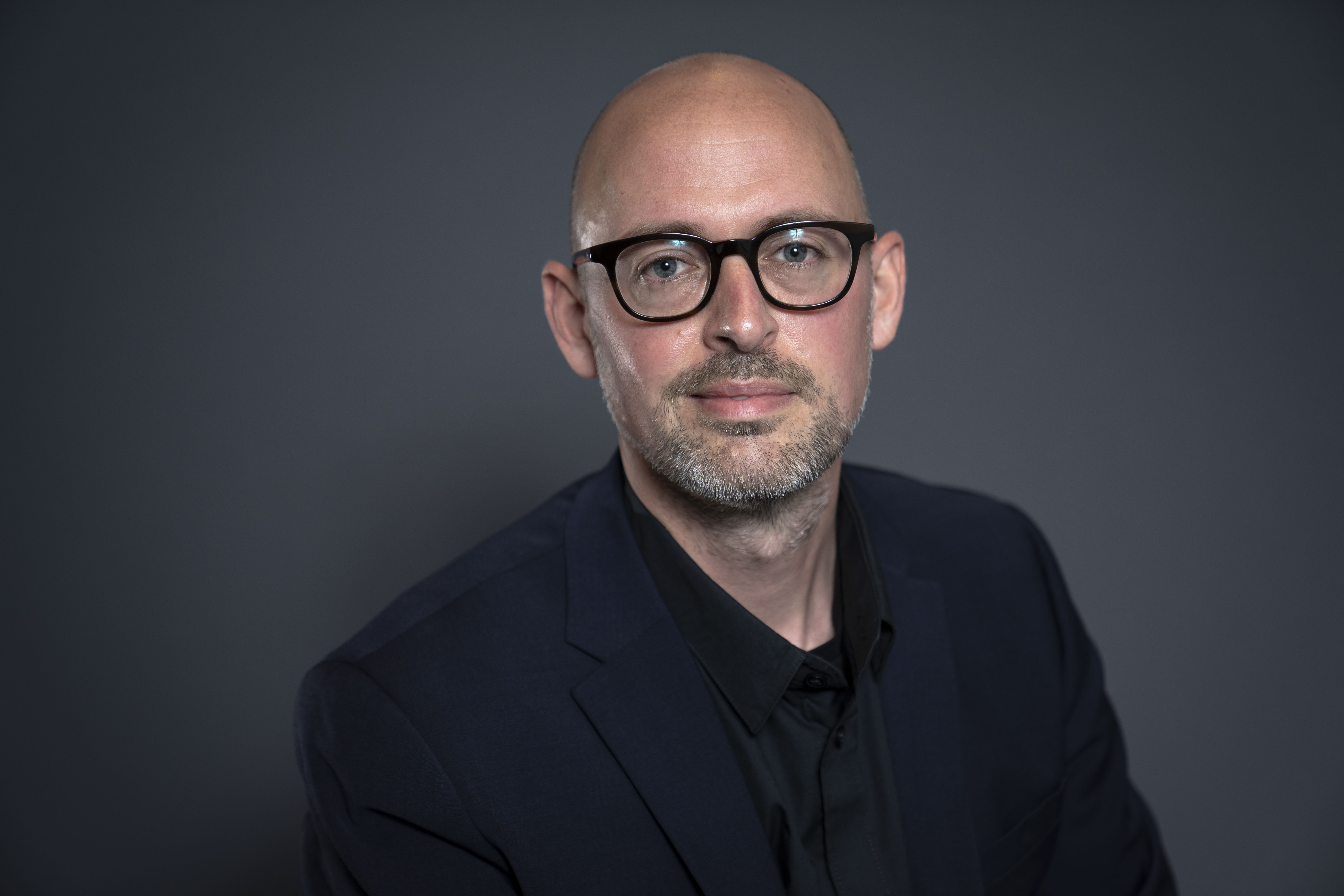Søren S.E. Bengtsen
Research leader

Project title
Research for impact: Integrating research and societal impact in the humanities PhD
What is your project about?
Research and research based knowledge is becoming increasingly central to societal and cultural growth, economic competitiveness, health, and happiness. As a consequence, the education of future researchers, has taken on heightened political, institutional, and educational interest, with a focus on how connections are being made between groundbreaking research and its societal impact and value. Particularly, doctoral education within the humanities strive hard to make this connection overtly clear and meaningful. It is often tacit in what ways research within the humanities, during and after doctoral education, is being conveyed, applied, and integrated within institutions, organisations, and companies outside the university. This research project studies how the cohesion between doctoral education societal impact and value may be increased.
How did you become interested in your particular field of research?
For many years, I have been deeply interested in, and researched into, the discussions around the role and purpose of universities in our societies today. Especially the humanities have struggled to find their own voice in the debate, which often has socio-economic undertones. Right now, researcher education within the humanities finds itself in a cross-pressure between political attention, various institutional initiatives around quality assurance and professionalisation, and the discussions and visions coming from the research environments themselves. Being trained as a philosopher and having moved into educational research over the years, I have seen how the humanities, with some difficulty, strive to find a common voice and common ground through which they might connect more strongly to the society they are a part of. The ways in which doctoral education within the humanities change at the moment, and in the years to come, seem to play a defining role in the discussion concerning the societal value and responsibility of the humanities.
What are the scientific challenges and perspectives in your project?
The project studies the societal value and impact of doctoral education within the humanities across policy-making, institutional leadership, research environments, and individual (current and former) doctoral students. Earlier research has focused mainly on only one of the levels at a time, whereby the mutual influence and entanglement of the levels has been under researched. That the project researches across levels, and focusing on the interconnections, mean that a more comprehensive and complementary understanding of doctoral education within the humanities becomes possible. To develop the right theoretical and methodological approaches and designs for such a study will most certainly become one of the biggest challenges of the project.
What is your estimate of the impact, which your project may have to society in the long term?
That the connection and cohesion between research and society becomes stronger and mutually fruitful. That there will be a stronger mutual influence between universities, and institutions for higher education, research environments, and the surrounding society. That research within the humanities is initiated and integrated widely within the society and also within institutions, organisations, and companies outside, but with a strong anchoring within, universities. And that researcher education within the humanities will play a central part in that regard.
Which impact do you expect the Sapere Aude programme will have on your career as a researcher?
Firstly, it will mean that research into higher and doctoral education will receive more attention and recognition in Denmark, and internationally at the same time. Secondly, research within the humanities, and its societal impact and value, will gain a stronger voice amongst other research disciplines and in the societal and political debate. Furthermore, it will mean that I, as an individual researcher, may expand and develop the project in collaboration with the strong team of new and experienced researchers, who are part of the project. Personally, the recognition of the grant means that my own motivation and vision for future projects within the research field is increased and harnessed.
Background and personal life
Research is my great passion, and also I am engaged in academic communities as the Chair of the international academic society Philosophy and Theory of Higher Education Society and as a board-member of the Danish Network for Educational Development in Higher Education. Philosophy plays a huge role in both my work and privately, and I have a particular interest in the work of the German philosopher Friedrich Nietzsche (who are, however, not always easy to integrate into the research I am doing). I live in Aarhus with my wonderful family (my wife and our two sons), and I enjoy spending as much time with them as possible. Also, I like to run in the nearby forest and to meet up with good friends.
View all research leaders here
Research institution
Aarhus University, Danish School of Education, Faculty of Arts
Research field
Higher education and doctoral education
City of your current residence
Aarhus
High school
Hobro Gymnasium
